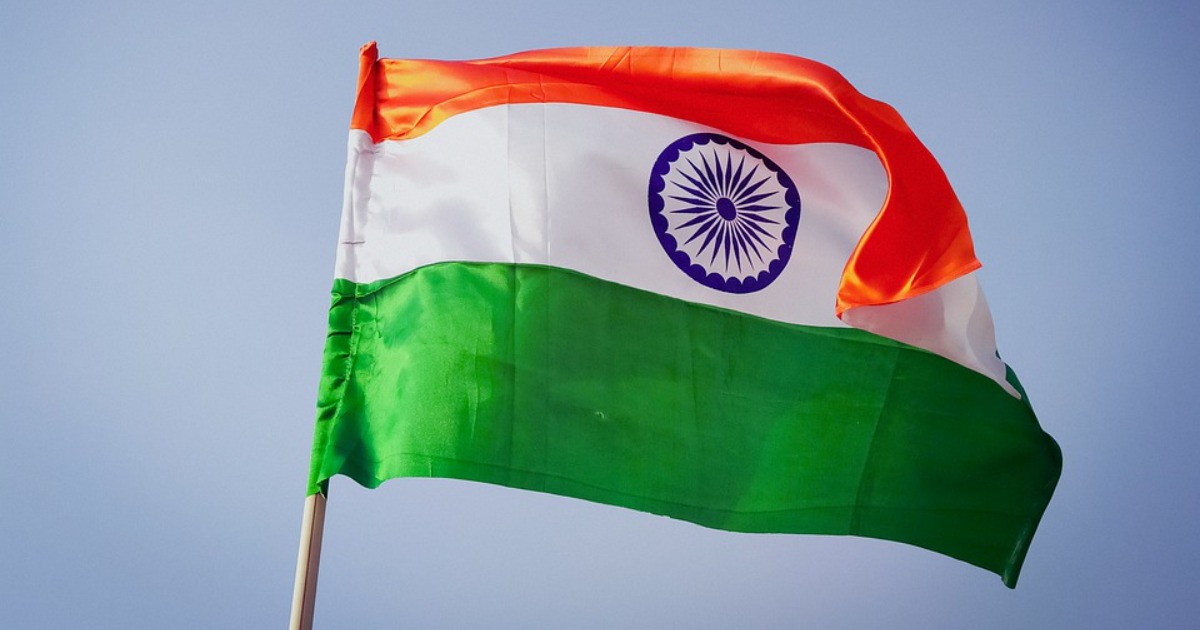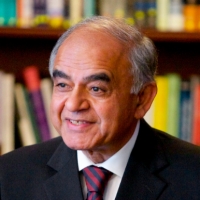Message to India: We Have to Bring Up Our Boys Differently
That the #MeToo movement has spread to India with such rapidity is a tribute to globalization.
November 14, 2018

That the #MeToo movement has spread to India with such rapidity is a tribute to globalization. In India, it has led to the resignation of a minister, among other fallout, including heavily tarnished reputations of many powerful persons.
There is a palpable change in the way in which women in India are beginning to perceive themselves. Surely, this is a milestone in our country’s history. The question is: How do we sustain this revolution? How can we put a real end to cultural norms that made it seem ok for Indian women to be routinely groped and belittled?
For the required cultural change to become effective, we need more than a wave of revulsion against a patriarchal vision of manhood, welcome as that is.
Indian society must change
This movement will come to nothing unless our society begins to learn to bring up boys in India differently. They will have to learn a different meaning of masculinity and a true understanding of “consent.”
Not long ago, the former chief minister of Uttar Pradesh, Mulayam Singh Yadav, outraged the nation with his cynical reaction to rape: “Boys will be boys!”
To his mind, boys earn their manhood by growing up to became warriors, traders and priests and compete for wealth and power. That is what makes them tough and successful.
Tradition-bound as India still is, even in the cities, it will not be easy to undo patriarchal hierarchy and inequality. Concepts such as women supposedly being fickle and innately addicted to sensual enjoyment must be abandoned. The same applies to the cultural urge for women to be married off early and guarded closely.
India’s minister of state Pon Radhakrishnan contemptuously called #MeToo a product of perverted minds and asked: “Why should we worry what we did in the fifth grade?”
The answer is that time is neither linear, nor clocklike. It’s also not a measure of unchangeable and fixed moments. Marcel Proust, the French writer, explains that the memory of an event can be more real and powerful than the original, confused event.
As past memories flow out, triggered by something in the present moment, we must not devalue the stories of women in the #MeToo movement just because the events happened years ago. Crucially, the #Me Too movement is not a men vs. women issue.
Learning from the U.S.
The lesson from the United States is for India’s young women to get politically involved. According to The Pew Research Center, a third of women in the United States have attended a political event or protest since the 2016 election. A record number of women has just been elected to the House of Representatives.
Such visibility and public leadership matters. The more politics is infused with visible female role models in India, the more adolescent girls will display a sense of moral clarity.
It is to Narendra Modi’s credit that he understood that the root cause of the problem lay in the way we bring up boys. In his Independence Day address a few years ago, he asked parents this question: Why do we worry only about our daughters coming home late at night – and not our sons?
Boys need to be taught many things early, including the boundary around a woman’s personal space that cannot be violated without permission.
Following this rule will go a long way to create a better, safer working environment for women, which in turn will help India’s economy by improving what currently is one of the world’s lowest female labor force participation ratios.
India’s Supreme Court plays a vital role in this culture change as well. Its recent landmark judgements on privacy, decriminalizing homosexuality and adultery together constitute a solid basis for ringing in India’s age of enlightenment.
Takeaways
That the #MeToo movement has spread to India with such rapidity is a tribute to globalization.
There is a palpable change in the way in which women in India are beginning to perceive themselves. This is a milestone in the country’s history.
The #MeToo movement will come to nothing unless our society begins to learn to bring up boys in India differently.
India’s Supreme Court plays a vital role in cultural change. Its recent landmark judgements constitute a solid basis for ringing in India’s age of enlightenment.

